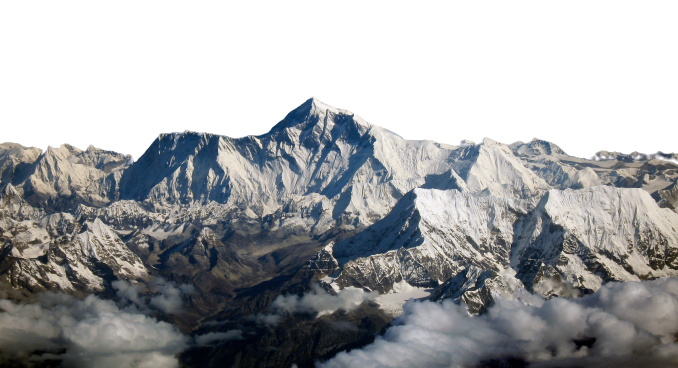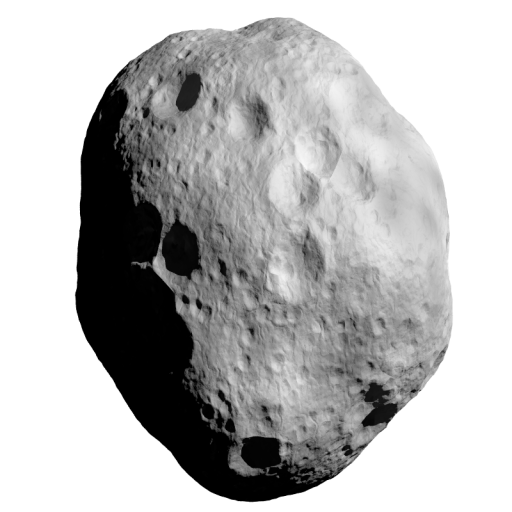Key Facts
- Categorized as a Mars-crossing Asteroid
- Comparable in size to the San Francisco Bay (5.57 km diameter)
- Not a Near Earth Object
- Not a Potentially Hazardous Object
- See orbit simulation
Overview
Lick is a mid-sized asteroid with an orbit that crosses the orbit of Mars. NASA JPL has not classified Lick as potentially hazardous because its orbit does not bring it close to Earth.
Lick orbits the sun every 599 days (1.64 years), coming as close as 1.31 AU and reaching as far as 1.48 AU from the sun. Lick is about 5.6 kilometers in diameter, making it larger than 99% of asteroids, comparable in size to the San Francisco Bay.
The rotation of Lick has been observed. It completes a rotation on its axis every 5.30 hours.
No Close Approaches
Lick's orbit is 0.31 AU from Earth's orbit at its closest point. This means that there is a wide berth between this asteroid and Earth at all times.
Orbital simulations conducted by NASA JPL's CNEOS do not show any close approaches to Earth.
Images and Observations
Lick's orbit is determined by observations dating back to July 30, 1949. It was last officially observed on July 5, 2023. The IAU Minor Planet Center records 5,007 observations used to determine its orbit.
Accessibility and Exploration
This asteroid is not considered a viable target for human exploration by the NHATS study.Similar Objects
These objects have orbits that share similar characteristics to the orbit of Lick:References
Search
or view a random objectOrbital Elements
- Epoch: 2460200.5 JD
- Semi-major axis: 1.391 AU
- Eccentricity: 0.0615
- Inclination: 39.09°
- Longitude of Ascending Node: 130.73°
- Argument of Periapsis: 140.56°
- Mean Anomaly: 103.78°
Physical Characteristics
- Diameter: 5.57000 km
- Magnitude: 14.13
- Albedo: 0.0895
- Spectral type (SMASS): A
Derived Characteristics
- Orbit Period: 599 days (1.64 years)
- Avg. Orbit Speed: 25.26 km/s
- Aphelion Distance: 1.48 AU
- Perihelion Distance: 1.31 AU
- Rotation Period: 5.30 hours
Map Comparison
Orbit Simulation
Sky Map
The position of Lick is indicated by a ◯ pink circle. Note that the object may not be in your current field of view. Use the controls below to adjust position, location, and time.
Size Rendering
The above comparison is an artistic rendering that uses available data on the diameter of Lick to create an approximate landscape rendering with Mount Everest in the background. This approximation is built for full-resolution desktop browsers. Shape, color, and texture of asteroid are imagined.

